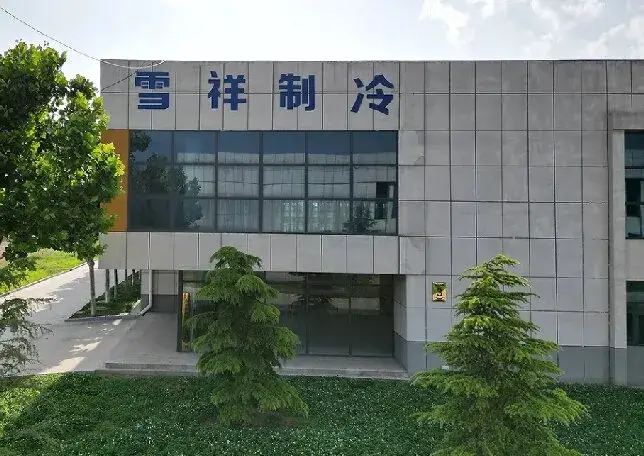Efficient Air-Cooled Chillers for Enhanced Cooling Performance and Energy Savings
Understanding Air-Cooled Chillers A Comprehensive Overview
Air-cooled chillers are vital components in the world of HVAC (heating, ventilation, and air conditioning) systems. They play an essential role in industrial processes, commercial buildings, and various applications that require cooling. This article delves into the workings, advantages, and considerations surrounding air-cooled chillers.
What is an Air-Cooled Chiller?
An air-cooled chiller is a mechanical device that removes heat from a liquid via a vapor-compression or absorption refrigeration cycle. The primary components of an air-cooled chiller include an evaporator, compressor, condenser, and expansion valve. Unlike water-cooled chillers, which release heat into a water system, air-cooled chillers expel heat into the atmosphere using fans. This makes them especially suitable for locations where water resources are limited or where environmental regulations prohibit water discharge.
How Does It Work?
The operation of an air-cooled chiller is relatively straightforward. Initially, the refrigerant enters the evaporator, where it absorbs heat from the liquid (usually water) that needs to be cooled. As the refrigerant absorbs heat, it evaporates and transforms from a liquid into a gas.
Next, the gas is drawn into the compressor, which increases its pressure and temperature. The high-pressure gas then flows into the condenser, where it is cooled by air blown over it by fans. As the refrigerant releases heat to the surrounding air, it condenses back into a liquid. This liquid refrigerant then passes through the expansion valve, where it experiences a drop in pressure and temperature, returning it to the evaporator to repeat the cycle.
Advantages of Air-Cooled Chillers
1. Simplicity of Installation Air-cooled chillers are generally easier and less expensive to install than water-cooled systems. They do not require cooling towers, water pumps, or extensive piping systems, which can reduce overall installation costs and complexity.
air cooled chiller

2. Reduced Water Usage In regions where water scarcity is a concern, air-cooled chillers present an effective solution, using air instead of water for heat rejection. This capability aligns with environmental sustainability goals by minimizing water consumption.
3. Flexibility in Location Due to their reliance on air for heat exchange, air-cooled chillers can be installed in various locations—on rooftops, near building exteriors, or in areas with limited access to water resources.
4. Low Maintenance These chillers typically require less maintenance than their water-cooled counterparts. The absence of cooling towers and water treatment systems reduces the number of components that could potentially fail or require servicing.
5. Energy Efficiency Modern air-cooled chillers are designed with advanced technologies, making them highly efficient in terms of energy consumption. Variable speed fans and improved refrigerants help optimize the cooling process, leading to lower operational costs.
Considerations and Limitations
While air-cooled chillers offer numerous benefits, they are not without drawbacks. Their efficiency can be affected by ambient air temperatures; their performance may diminish in extremely hot weather, leading to higher energy use. Additionally, they might occupy more space compared to water-cooled systems, which require careful consideration in building designs.
Moreover, noise can be a concern, as the fans used in air-cooled chillers produce sound. Selecting muffled fans or incorporating soundproofing measures can mitigate this issue, especially in noise-sensitive environments.
Conclusion
In summary, air-cooled chillers are a vital technology in modern heat management. Their simplicity, lower water requirements, and flexibility make them an appealing choice for many applications. As HVAC technology continues to evolve, air-cooled chillers are likely to become even more efficient, supporting both economic and environmental objectives in cooling solutions. Whether for industrial processes or commercial HVAC systems, understanding the role of air-cooled chillers is essential for making informed choices about cooling technologies.
















































































































